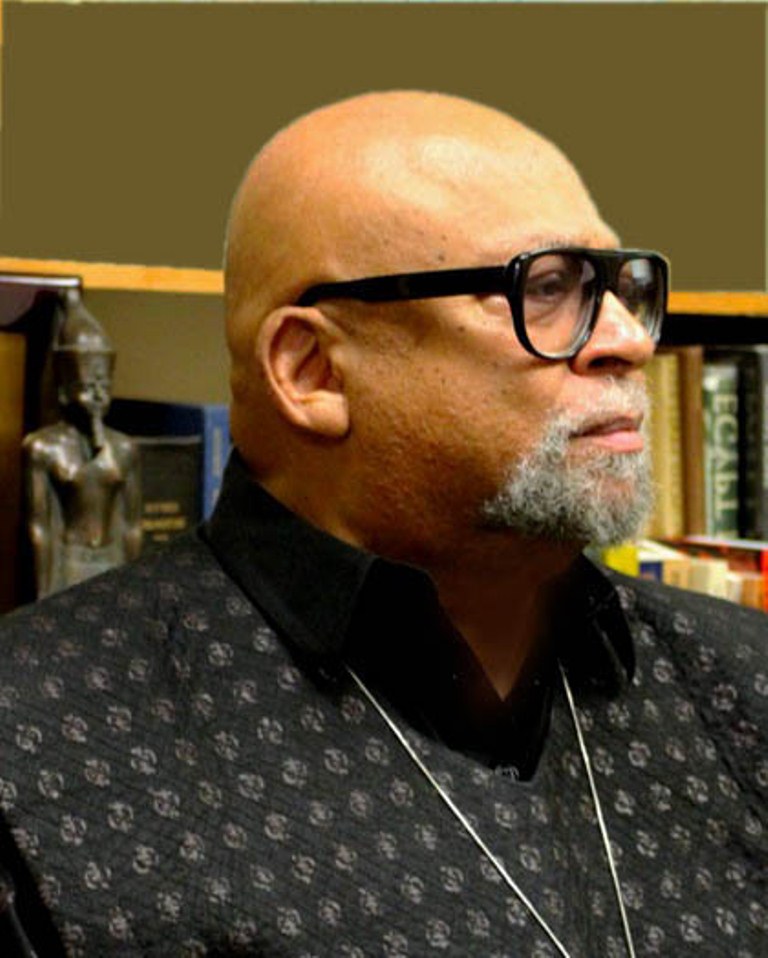
Zimbabwean Pastors Dabble in Brewing and Mining to Survive
In Zimbabwe, city pastors may fare well while rural ministers live on the periphery of poverty.

In Zimbabwe, city pastors may fare well while rural ministers live on the periphery of poverty.

April 14: Zimbabwean leader Robert Mugabe, who facilitated the redistribution of land to Africans, was born, 1924

In this time of warmongering, weapon brandishing and the waging of war of various kinds against the vulnerable, revisiting this Kawaida stance and statement on the importance and essential good of peace is both needed and reaffirming.

As we weave our way through the daily dose of lies and illusions, hype, hatred and hypocrisy from the White House, we must constantly question and be actively concerned about the relative sanity and real danger of those who continuously fake “imminent threats” and cry wolf to make war, and then try to wash away their sins of savagery with the dishonest indictment and blood of others.

Now, Dr. Quao finds herself fighting against the AU to maintain her reputation. She said their claims of misappropriation of funds are false. Also, the AU’s contention now that all programs and projects under Dr. Quao had no formal approval and that it found no evidence that donations and funds collected were deposited in any AU account.

Williams, who has won a total of 39 Tennis Grand Slams – including Doubles titles, has also built grade schools in Uganda, Kenya, and Zimbabwe.

“It has been clear for some time that anatomically modern humans appeared in Africa roughly 200,000 years ago. What has been long debated is the exact location of this emergence and subsequent dispersal of our earliest ancestors,” Hayes told reporters. “We’ve been able to pinpoint what we believe is our human homeland.”

In a new low water mark for Zimbabwe’s troubled economy, two million people in Zimbabwe’s capital have now been left without water after the government ran out of foreign currency to pay for imported water treatment chemicals.

Indeed, “the slave trade began in the 15th century,” said Boniface Chidyausiku of Zimbabwe in 2007, when he was the acting president of the United Nations General Assembly. Chidyausiku made the remarks during the UN’s observance of the 200th anniversary of the end of the transatlantic slave trade. “It was driven by colonial expansion, emerging capitalist economies and the insatiable demand for commodities – with racism and discrimination serving to legitimize the trade,” said Chidyausiku.

The Centre for Natural Resource Governance (CNRG), a mining watchdog, blamed Zimbabwe’s environmental management agency for failing to protect lives by properly decommissioning disused mines. The NGO said the mine should have been sealed to avoid tragedies of this nature.

In an interview for the book “No Easy Victories: African Liberation and American Activists Over a Half Century,” Dumisani Kumalo recalled the struggle to cut off the U.S. funds that were sustaining the apartheid government of South Africa.

South Africa said it declined the request for $1.2 billion because the country is also in a difficult financial position. “South Africa doesn’t have that kind of money,” said Jabulani Sikhakhane, spokesman for the finance ministry. He also raised concerns of Zimbabwe defaulting on the loan.

Building on the vision and mission of the 2017 National Women’s March in the U.S., women around the world will mark January 19 with marches and other actions “supporting the advocacy and resistance movements that reflect our multiple and intersecting identities.”

Over 3,500 youth officers have been laid off as part of the nation’s shortage of currency amid efforts to streamline the wage bill.

The ceremony was slated for Sunday, August 5, at the National Sports Stadium in Harare despite clashes between opposition protestors and soldiers that broke out shortly after polls closed. Some six people died in the melee, many others were beaten and a number sought refuge in neighboring Zambia.